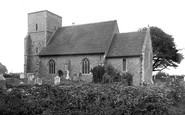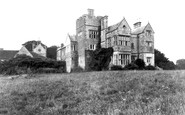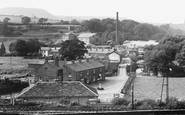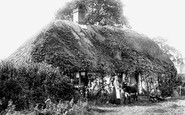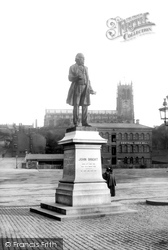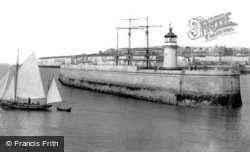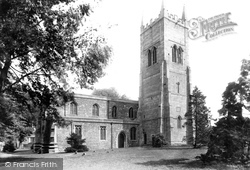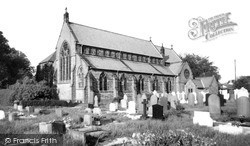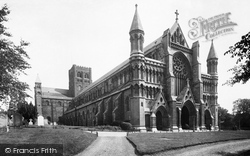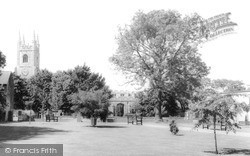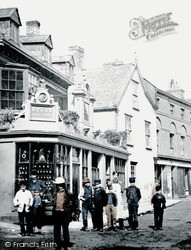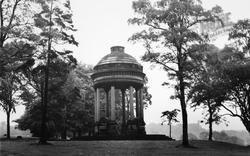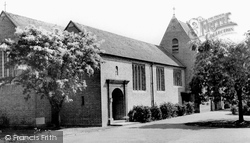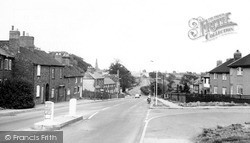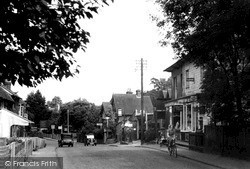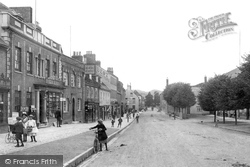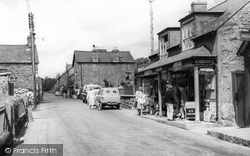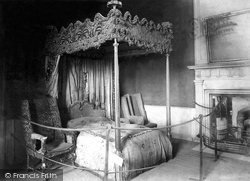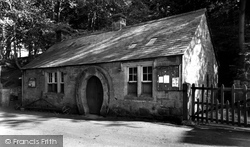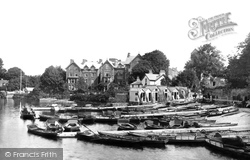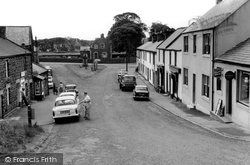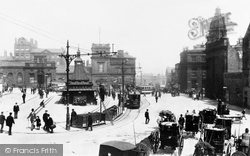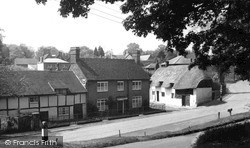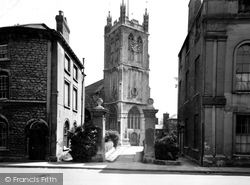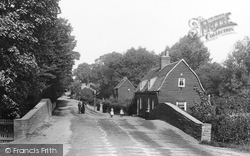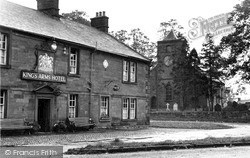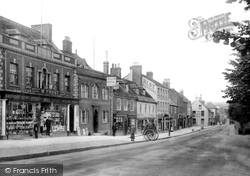Places
8 places found.
Those places high-lighted have photos. All locations may have maps, books and memories.
Photos
80 photos found. Showing results 501 to 80.
Maps
49 maps found.
Books
Sorry, no books were found that related to your search.
Memories
1,421 memories found. Showing results 251 to 260.
Growing Up In Morgans Terrace
I was born in 1932 at 5 Morgan's Terrace and soon thereafter moved to No 18. There were 7 people living at that address, my maternal Grandfather John Lewis, my maternal Uncle Donald Lewis, my mother Greta Emmanuel, ...Read more
A memory of Pontrhydyfen in 1930 by
Thomas Barwick
Perhaps you would like to know more about Thomas Barwick. Sarah Goodborn was Thomas' s second wife and was possibly the sister of his first wife, Eliza Goodborn, who appears to have died in childbirth. He had three children with Eliza: ...Read more
A memory of Deal by
Zeals House, Preparatory School 1948 1952
After the War, after the Royal Air Force had vacated the property, Zeals House became home to Stroud School. A history of the school written by the Headmaster can be found on the following website: ...Read more
A memory of Zeals by
My First Job
Just before I was due to leave Peel Brow I was called into Mr (Dinky) Booth's office and told that Turnbull & Stockdale were looking for an Office Boy and that he thought I would fit the bill. I attended an interview with Mr W ...Read more
A memory of Edenfield in 1945 by
The Saughs
My Mother (know as Betty Scott in those days) who is now 91 lived at The Saughs (Saughs Cottage now) from 1923 to 1936 (ish) - probably aged 3 to 17. Mum was a foster child and went there to live with "Auntie" (Christine Hunter Mc Kay) ...Read more
A memory of Ochtertyre in 1920 by
The Blake
The following information relates to the opening of the Blake school in Hednesford. The Blake school was built to replace the Central Secondary school for boys which was in Burns Street Chadsmoor (where Chadsmoor junior school is now ...Read more
A memory of Chadsmoor in 1961 by
Jtbells
This is the year I started on the building sites in 1963, I got a job on J. T. Bell's site in Whickam, the site hadn't been running long then as it was in the first stage. All the lads were mainly from Newburn, Lemington, and Throckley. If ...Read more
A memory of Newburn in 1963 by
The War Years And Later
I lived in Annesley Woodhouse from 1936-1950, when I was conscripted into the R.A.F. for national service. I attended Kirkby Woodhouse School. The Owston's owned the post office, and the Chancellor's, succeeded ...Read more
A memory of Annesley Woodhouse in 1930 by
Distant Memories
I had returned to UK from Queensland to visit my mother who was ill and waiting at the platform entrance at Waterloo station when a former colleague from Post Office Overseas Telegraph came up to me and we began a conversation ...Read more
A memory of Frimley Green in 1978 by
The River
The River Avon dominated most of the kids' lives in the village! I remember swimming 'down the mill' and at Gunville where my Great Grandmother (Sarah Marks) lived. We used to scrounge used inner tyre tubes from Mr Stansfield (who ...Read more
A memory of Figheldean in 1957 by
Captions
877 captions found. Showing results 601 to 624.
Following the death of his wife Elizabeth from tuberculosis, John Bright's world was in shreds. Then along came Alderman Richard Cobden.
Ramsgate's harbour was constructed in 1749-91 following a disastrous storm.
Bronygarth sits across the England-Wales border, which at this point follows the line of the River Ceirog in the valley.
The Royalist chaplain to Prince Rupert was rector in 1629-31, followed much later by William Cole, the Cambridgeshire antiquary, from 1768.
Carpet making, brewing ale and basket making followed. The church of St Andrew, Gothic in style, was built in 1887 to replace one built in 1773; a planned tower never materialised.
The imposing west front of the Abbey, following the completion of its restoration thirty years before.
Following the death of the owner, the site was acquired by the town and first opened to the public in 1960.
The first forge is reputed to have been working in 1425, with the first ironworks following in 1577.
In 1852, following an outbreak of cholera, the council bought out the private water suppliers for £250,000 and embarked on schemes totalling £4 million, so that by 1918 the city was being supplied with
Additional land followed; after what appears to have been some behind-the-scenes 'discussions', the architect Charles Nicholson was appointed in 1932 to design the present attractive and well-detailed
The original road to Market Bosworth bypassed Nailstone, following an ancient green lane to the west of Nailstone Gorse.
Like Bletchingley, the village is on the greensand ridge which the A25 follows for much of its length.
Next is the Sun Inn, followed by confectioner and milliner Miss Amanda Spiller (with two separate shops), and Mrs Rosa Warren's china and glass store.
on the way north or south along the coast, with just a prehistoric burial chamber and some beautiful hill walks to delay the traveller - unless you were making for the large caravan sites that emerged following
The following year, Hertford was back in Scotland, burning five market towns, sacking 243 villages, and laying waste to crops. Edward VI of England was destined not marry the Queen of Scots.
There was also an old custom that allowed tenants to pay only half-rents following war with the Scots.
This is the corner of the Bowness boating area used by rowing boats for hire, following the onset of mass tourism from the mid19th century.
In the early years following the end of the Great War Embleton was one of the Northumberland courses where golfers could get a round on Sundays.
In September 1906 the tramway announced record takings for the year of £70,295 and the following year the record was broken again with takings of £73,514.
The next photographs follow the High Street from north to south.
According to the Rev Kilvert's diary of 1873, couples on their way to evening services in winter followed a practical though unusual local tradition:'My Mother says that at Dursley, when ladies and
Following the death of the owner, the site was acquired by the town and first opened to the public in 1960.
Next to it stands the Church of St James, built in 1754, enlarged sixteen years later, then following a century of use restored in 1873.
The double shop-fronts of Miss Amanda Spiller (confectioner through the left door, and milliner through the right) and Mrs Rosa Warren are followed by outfitters Frederick W Best and Ernest R Best.
Places (8)
Photos (80)
Memories (1421)
Books (0)
Maps (49)



